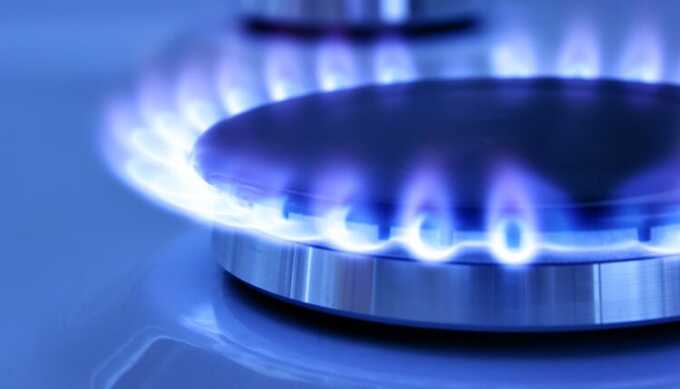Latvia resumed purchasing Russian gas through an intermediary
Which intermediary in question is not reported
Latvian gas transmission system operator Latvijas gaze has resumed purchasing Russian natural gas, Delfi reports.
According to the head of the company, Aigars Kalvitis, purchases are made not directly from Gazprom, but through an intermediary in euros. He did not name this intermediary, referring to the fact that we are talking about “commercial information.”
According to Delfi, after the start of the so-called Russian special military operation in Ukraine, gas supplies to Latvia were interrupted and stopped several times, but since mid-June they began to increase.
On July 14, the Saeima of Latvia decided to impose a complete embargo on natural gas supplies from Russia from January 1, 2023.
Earlier it became known that the Hungarian authorities intend to conclude a contract with the Russian Federation for the purchase of another 700 million cubic meters of gas this summer. This was stated by Prime Minister Viktor Orban. According to Orban, negotiations on the purchase of an additional 700 million cubic meters of gas are currently underway with the Russian side. The transaction could take place during the summer, which will ensure the country’s energy security. The head of government promised that Hungary would receive enough gas.
This week, the member states of the European Union finally managed to reach a consensus on the European Commission’s proposed plan to reduce gas consumption in the event of an emergency. Under the emergency situation is meant a complete halt in the supply of Russian gas, without which European countries will not be able to do in the winter.
Recall that on July 20, the European Commission proposed to the member states of the European Union to adopt an agreement that implies a voluntary reduction in gas consumption by 15% from next month. This plan includes recommendations to reduce energy costs for heating and cooling, as well as market-based measures to save gas. In particular, we are talking about limiting the heating of public buildings to 19 degrees, and air conditioning to 25 degrees.




